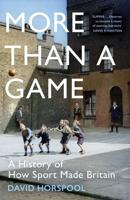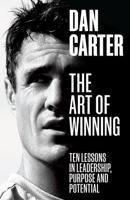Publisher's Synopsis
Excerpt from The Diary of Colonel Peter Hawker, Author of 'Instructions to Young Sportsmen', 1802-1853, Vol. 1 of 2: With an Introduction
I have great pleasure in acceding to the request that I should write a short introductory notice of Colonel peter hawker, the Author of this Diary and of the well-known Instructions to Young Sportsmen.' Colonel Hawker's posi tion among sportsmen and writers on sport is mainly owing to the great reputation he achieved with reference to the art of killing wild fowl, and he may most justly be termed the father of wild-fowling, for he brought this sport to such 'perfection that his name will always suggest itself wherever duck shooting is practised in our Islands.
Although Colonel Hawker's present reputation is mainly based on his proficiency in this one branch of sport, it must not be forgotten that he was equally celebrated in his own day for his knowledge of and success in game shooting.
The immense popularity of Colonel Hawker's book 'instructions to Young Sportsmen' was due to the large amount of original information it contained, and to the terseness, accuracy, and common sense with which it was written it is in fact a work every line of which was evidently penned from actual personal experience and nothing else. It is true that Instructions to Young Sportsmen may not seem original in these days, but this is because almost every writer on shooting since the first edition of the book was published has so freely borrowed from it.
About the Publisher
Forgotten Books publishes hundreds of thousands of rare and classic books. Find more at www.forgottenbooks.com
This book is a reproduction of an important historical work. Forgotten Books uses state-of-the-art technology to digitally reconstruct the work, preserving the original format whilst repairing imperfections present in the aged copy. In rare cases, an imperfection in the original, such as a blemish or missing page, may be replicated in our edition. We do, however, repair the vast majority of imperfections successfully; any imperfections that remain are intentionally left to preserve the state of such historical works.









